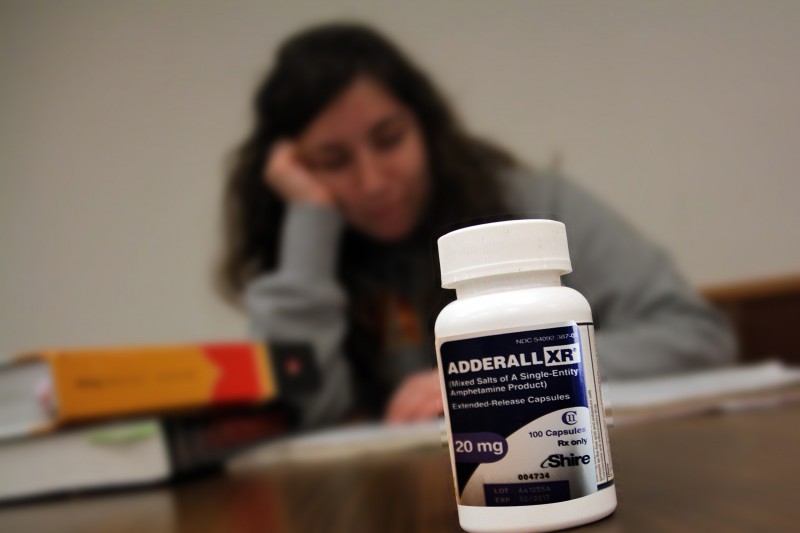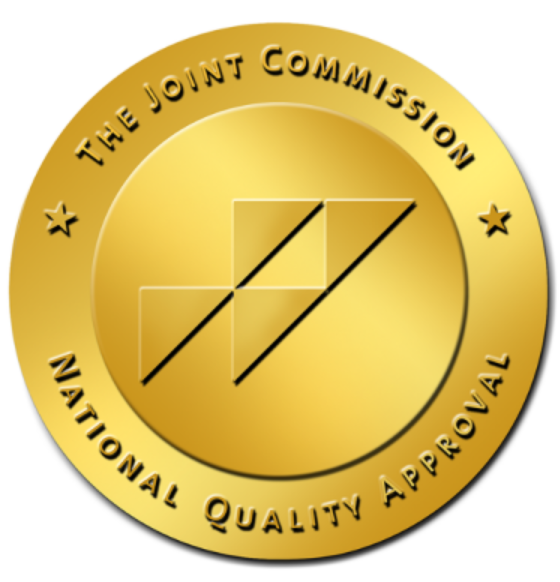Adderall Addiction
Adderall Addiction
Adderall is a brand name for the combination of drugs amphetamine and dextroamphetamine. The drug is commonly prescribed by doctors to treat ADHD or narcolepsy. Adderall causes a change in the chemicals found in the human brain, such as an increase in dopamine and norepinephrine. This leads to the ability to better focus and pay attention to the tasks in front of you.
Almost 50 million prescription stimulants such as Adderall were prescribed in 2011 to treat ADHD. Adderall is an incredibly common drug that is very helpful to many when being used how prescribed by medical professionals. However, due to its common nature, it is also widely abused, especially among young people. If someone takes Adderall when not treating conditions such as ADHD or narcolepsy, the results can be dangerous.

History of Adderall
The history of Adderall is fairly short compared to many other commonly abused substances. Introduced in 1996, Adderall was immediately marketed towards the treatment of attention deficit disorder, or ADD, for young children. The initial product was a quick tablet but in 2001 a slow-release capsule became available on the market.
The slow-release capsule immediately became popular to abuse among college-aged young people. The slow-release capsule, called Adderall XR, allowed people not suffering from ADD or ADHD to stay up for long periods of time. Feeling no need to sleep and an increased ability to focus made Adderall popular for college students staying up to study or finish homework.
Night-shift workers also used it to better stay awake during their shift. While Adderall abuse is less commonly worried about, mainly because there is a sense those who abuse Adderall are trying to accomplish something “productive”, it is an addictive drug that can cause serious health issues. Adderall is now considered to be a Schedule II drug by the United States government, meaning while there are approved medical uses it is also considered to be at high risk for addiction and abuse.
How is Adderall Used?
Adderall increases the activity of dopamine and norepinephrine in a person’s brain. When used to treat ADHD, this change allows the user to better focus, pay attention, and control their impulses. It can also be used to treat narcolepsy, a sleep disorder that causes someone to suddenly fall asleep or feel overwhelmingly drowsy at random points in the day.
When Adderall is prescribed to treat narcolepsy the brain’s boost of norepinephrine creates a feeling of being awake, allowing the user to stay awake longer during the day and sleep better at night. Adderall addiction happens because of misuse of the drug and its availability because of its common uses.
We base our assessment questions on the criteria laid out by the fifth edition of The Diagnostic and Statistical Manual of Mental Disorders (DSM-5). Regardless to the results of the assessment, it is important to note that an addiction disorder must be diagnosed by a trained medical professional.
People who abuse Adderall without suffering from ADHD or narcolepsy open themselves up to even more serious effects. Adderall addiction and abuse can cause fever, weak or numb limbs, hallucinations, or seizures. If someone suffering from mental illness abuses the drug they could see a serious worsening in their mental condition, such as an increase of symptoms associated with depression or anxiety.
Adderall addiction leads to a mental and physical dependency on the drug. Those suffering from an addiction would need more and more of the drug each time to feel its effects and would lose the ability or have great difficulty concentrating on anything without Adderall. People who abuse Adderall often do not feel the need to eat when on the drug and can experience dangerous amounts of weight loss.
Suddenly stopping Adderall, especially for those who abuse it, can cause withdrawal symptoms. These symptoms can include depression, irritability, insomnia, fatigue, and panic attacks. Even for those taking prescribed doses of Adderall, withdrawal can be incredibly painful and you should always seek the help of a medical professional before attempting to do so.
Adderall Addiction Treatment
The first step to any addiction treatment should be to stop use. Due to the serious withdrawal effects that can occur when someone suddenly stops taking Adderall, medical professionals should be contacted for those entering recovery. It is important to either slowly taper off usage in order to lessen symptoms associated with withdrawal or potentially enter a treatment facility to have the support necessary to deal with those symptoms.
It is important to not only treat the addiction but also look at the underlying mental health issues at the root of our addictions. Dual-diagnosis treatment is a program that simultaneously works towards solving your mental health issues that cause addiction while also helping you through addiction recovery.
Cognitive Behavior Therapy, or CBT, can also be helpful to those suffering from addiction. CBT works to challenge one’s behaviors and to enforce healthier outcomes from certain situations that may have previously been triggering moments for their addiction. Cognitive Behavioral Therapy has proven to be especially helpful to those who may not have experienced success in other forms of treatment or therapy. At Create Recovery Los Angeles we are here to help you through your recovery. Please call us at (855)-518-0222 to learn more.





